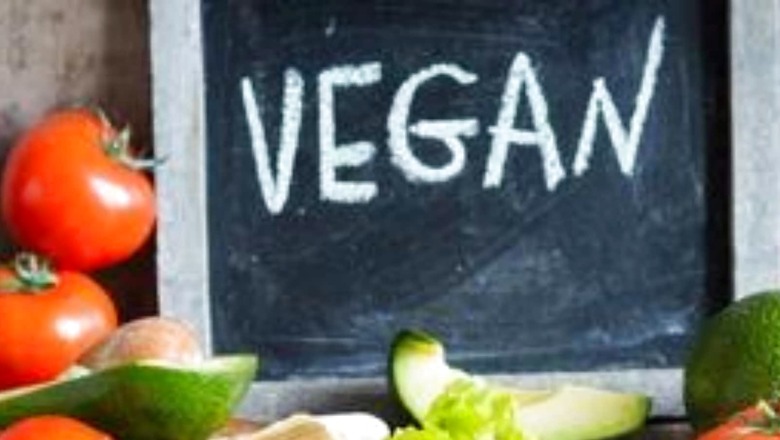
views
Veganism has been in trend for quite some time now. With actors like Alia Bhatt professing their love for veganism and promoting the ideology, masses are not far behind in getting on this bandwagon.
However, when starting on this journey, you need to keep some undeniable facts in mind. To beginners, it might look healthy, but it generally lacks certain nutrients. There are also no solid scientific researches till now that have proven vegan diets to be healthier. So, there’s got to be a middle way, and we will now look at that.
“Veganism prevents animal cruelty and promotes environmental benefits. I will show you a science-based perspective on why the majorly used animal products, milk, and meat should be avoided,” says Lavleen Kaur, Head Nutritionist & Founder, Diet Insight, a nutrition and wellness clinic.
Also Read: 4 Ways To Create A Cosy Christmas Vibe With Winter Rugs
Organically available milk can be consumed. But, the lactose content of generally available milk in the markets can cause stomach-related issues, insulin resistance, and inflammation in long term. Hormones are also injected into animals for increasing milk production which leads to hormonal imbalance and related lifestyle disorders.
Alternatives to milk can be:
- Almond milk
- Coconut milk
- Soy milk
On the other hand, curd and cottage cheese (paneer) are safe to consume. “The lactose content of milk gets converted into lactic acid, and hormones present in milk are also denatured to an extent during the curd and cottage cheese formation process. In case you are still considering replacing curd and cottage cheese, almond, coconut, and soy milk products can be consumed,” adds Kaur.
To increase meat production, animals raised for meat are fed with antibiotic-rich diet. Excessive consumption of non-vegetarian foods should also be avoided as these increase toxicities in our bodies. This leads to inflammation and lifestyle disorders like hypo/hyperthyroidism, PCOD, diabetes, etc., in the long run.
Kaur suggests to replace meat gradually with plant-based foods:
- Beans
- Legumes
- Lentils
- Nuts and seeds
- Soy products
Read all the Latest Lifestyle News here


















Comments
0 comment